We’ve put together the top questions to pose when deciding if Flexible Solar Panels are for you and your RV.
Why Should You Consider Getting Flexible Solar Panels?
There are a few reasons why you might want to consider flexible solar panels for your RV. They take up very little space, which is great if you’re short on room, and they’re also very light so they’re easy to transport. They’re also really easy to install; you can just stick them on top of your vehicle using the included adhesive pads.
Plus, flexible solar panels are very efficient; they can convert up to 22 percent of the sun’s energy into electrical power, which is more than most other types of solar panels. This means that you’ll be able to generate enough power to run all your RV appliances without having to worry about running out of juice.
Flexible solar panels for an RV are a fantastic, portable and easy way to generate power in your vehicle, whilst being better for the planet as well!
What Types of Flexible Solar Panels are available?
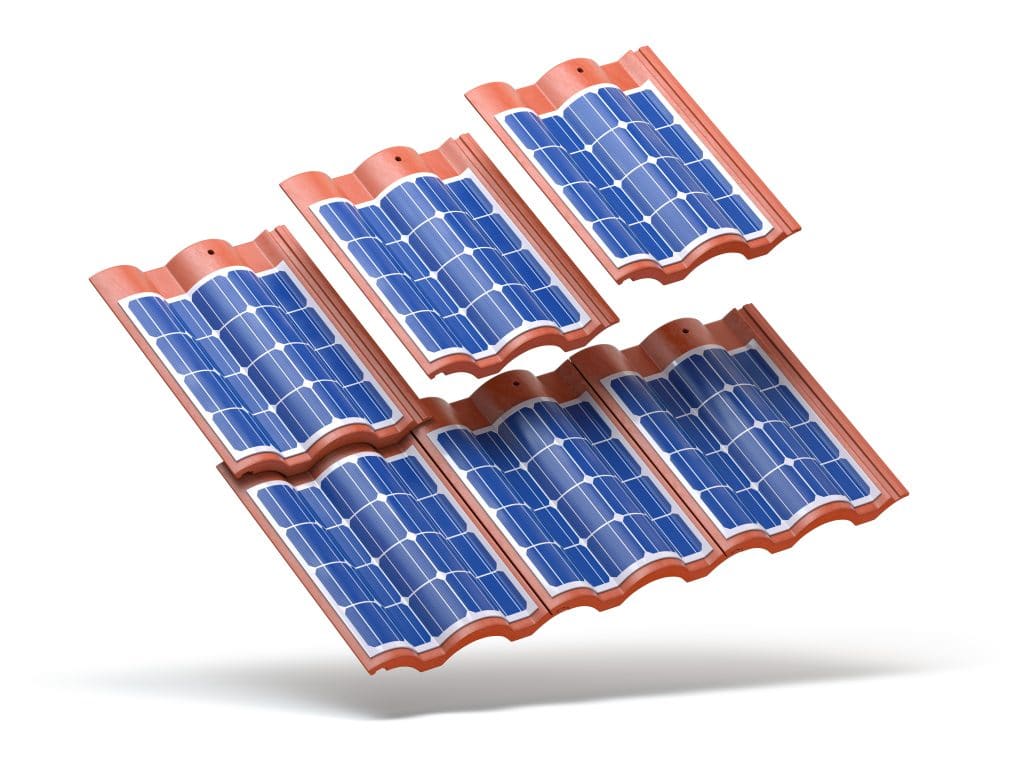
There are a lot of different flexible solar panels for RVs on the market, but not all of them are created equal. So, what are the best flexible solar panels on the market today?
Theres a few different options to consider:
- Semi-flexible Solar Panels
- Rollable Solar Panels
- Foldable Solar Panels
- Flexible High Power Solar Panels
Each has their own pros and cons.
Flexible solar panel kits are lightweight and versatile, making them particularly useful if you need a portable solution. Where as semi-flexible panels typically are more rigid than the fully flexible options.
Whilst fully flexible solar panels are not as efficient as their semi-flexible or rollable counterparts, they do have some advantages. Namely that they can be moulded into any shape and attached to curved surfaces with the help of adhesive pads or clips. Plus, as more and more vehicles are being made with curves and odd shapes.
Rollable solar panels will curl up into essentially a solid tube, not always the most convenient option, especially when space comes at a premium, but can be great if you are mounting on your roof and in a bit of a rush, simply roll-out and plug-in.
If your solar power needs require high wattage to power that fancy wide-screen camper tv, then you may want to consider looking at a high-power option to achieve maximum power output.
It’s worth noting that If they are bent too far, the internal cells and electrical architecture will break.
Can I mount Standard Solar Panels to my RV?
In theory, you could install a standard solar panel on your RV. However, it would likely be very difficult to find a spot that gets enough sunlight and would be exposed to the weather. A better option would be to use a flexible solar panel, which can be attached to nearly any surface, including windows and roofs.
Storage can also be an issue with Standard Solar Panels, as they can take up a lot of space. Flexible solar panels are much more compact, which makes them ideal for smaller RVs.
Are flexible solar panels any good?
Yes, modern flexible solar panels provide an excellent, durable alternative to rigid panels. They can take a beating, are adaptable, and provide ample power for small appliances and batteries. The only downside is that they are less efficient than rigid panels and might not last as long.
What are the Best Flexible RV Solar Panels?
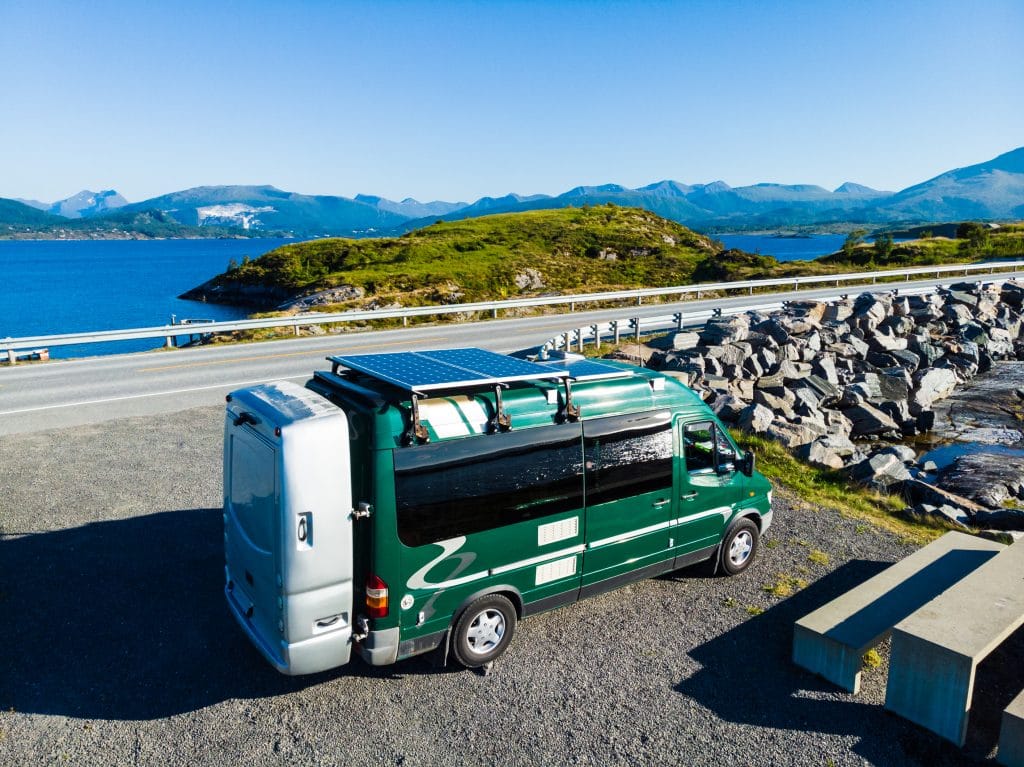
There are a lot of different flexible solar panels on the market, but not all of them are created equal. So, what are the best options available today to product power on the go?
Well anything from these manufacturers will typically put you in good stead:
Best Flexible Panel for RV
Our top-pick is the Renogy 100 Watt 12 Volt Flexible Monocrystalline Solar Panel available from Amazon here.
Best Traditional Solar Panel for RV
If you’re looking for a standard, non-flexible Solar Panel, then our choice would be the Renogy 100W 12 Volt also available from Amazon.
Still not sure “Watt” panel to purchase? [see what we did there? 😉 ] – Check out our Buyers Guide to RV Solar Panels.
What are Polycrystalline Panels?
Polycrystalline solar panels are made up of many small silicon crystals. They are less efficient than monocrystalline solar panels, but they are also cheaper to produce.
What are Flexible RV Solar Common Issues?
Flexible RV solar panels have a few quirks that you should be aware of before making your purchase
- They are not as efficient as rigid solar panels.
- The wiring and circuitry is fragile, so they should not be bent too far.
- Solar energy output will vary depending on the weather conditions.
- Flexible solar panel kits should not be used to charge a battery bank.
Can I install Solar Panels Myself?
Yes, you can install RV solar panels yourself, but it’s a job that requires some expertise. If you’re not comfortable doing the installation yourself, you can always hire a professional to do it for you.
There are a few things to keep in mind when installing polycrystalline solar panels on your RV:
- You will need a good amount of sunlight to get the most out of your panels.
- The solar panels should be facing south for the best results.
- You will need a good amount of storage space for the solar panels.
- The wiring and circuitry is fragile, so take care when installing them.
- You will need a solar controller to regulate the power output.
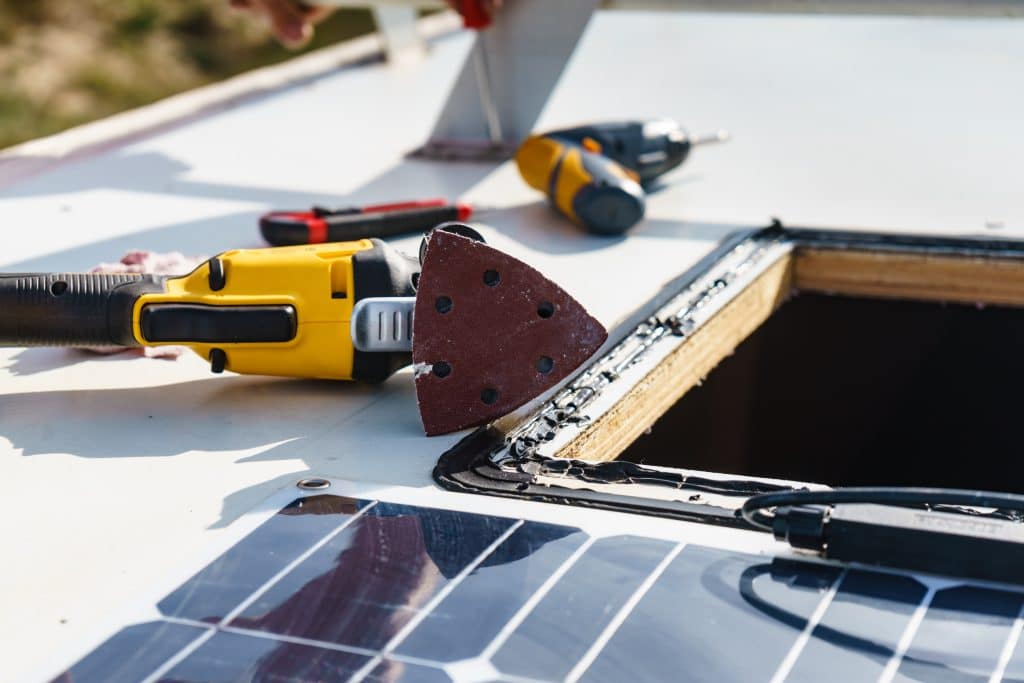
Notes on Uneven Surfaces
If your RV has an uneven surface, you may need to use a solar panel mount to ensure that the panels are in direct sunlight. There are a variety of different mounts available on the market, so be sure to do your research before making a purchase.
Keeping your Panels Cool.
If you’re using traditional solar panels, be sure to install a cooling system to keep them from overheating. This is not necessary with flexible solar panels, as they are designed to withstand high temperatures. Also ensuring air space underneath the solar cells and adequate air flow around your aluminum frame is essential.
How Much Power can a Flexible RV Solar Panel Output?
This will depend on the size of the panel, the weather conditions, and the amount of sunlight that is available. However, you can expect thin flexible solar panels to output anywhere from 50 to 100 watts of power.
Panel efficiency will decrease in shady conditions and high temperatures, so it’s important to take these into account when sizing your solar system.
Can I use my Solar Panels to Charge my RV Batteries?
Yes, you can use your solar panels to charge your RV batteries, but it’s important to note that flexible solar panels are not as efficient as traditional solar panels. You will need a good number of solar panels to adequately charge your batteries. It’s also important to use a solar controller to regulate the power output and avoid overcharging your batteries.
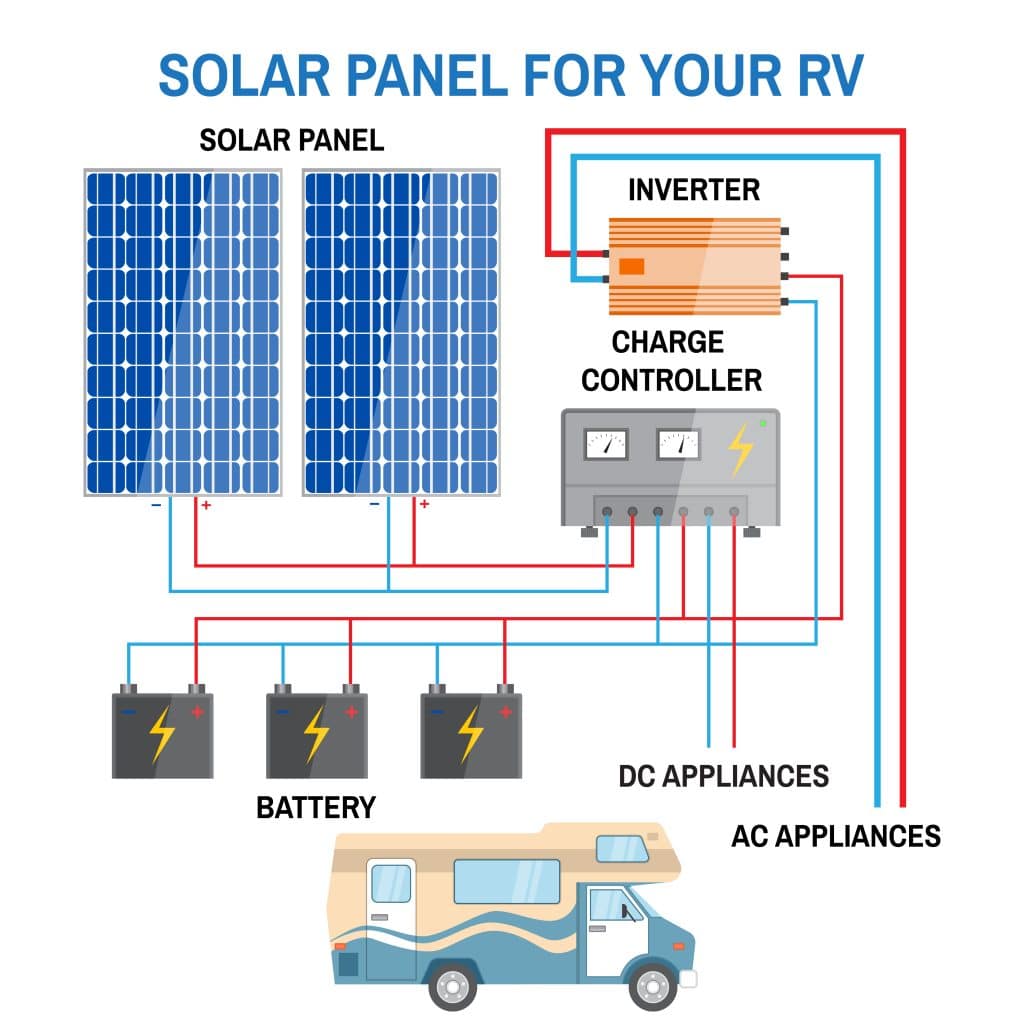
Conventional Solar Panels Vs. Flexible Solar Panels
There are a lot of pros and cons to using either type of solar panel, so it really depends on your requirements.
Conventional solar panels are more efficient than flexible solar panels, have slightly more surface area so they can capture more of the sun’s rays, but they take up a lot of space and can be difficult to install. Flexible solar panels are less efficient and usually ultra-thin, but they are more durable, adaptable, and compact. They are a good option for RVs and small spaces. So, it really depends on what you’re looking for and what your needs are.
Maintenance and Cleaning
How to Clean RV Solar Panels
It’s important to keep your solar panels clean so that they can operate at their full potential. You can clean them with a soft cloth and some soapy water. Be sure to rinse them off with clean water when you’re done. If there is any dirt or debris build-up on the panel, you can use a small brush to dislodge it.
Jet-washing is the fastest method to getting those panels gleaming. A solar panel cleaning kit is another great way to keep your panels in top condition. This will includes a hose attachment, water reservoir, and brush, making it easy to clean your solar panels while on the go.
Our top pick is the VEVOR Solar Panel Cleaning Brush on Amazon, it can easily navigate the flexible panels and traditional panels alike.
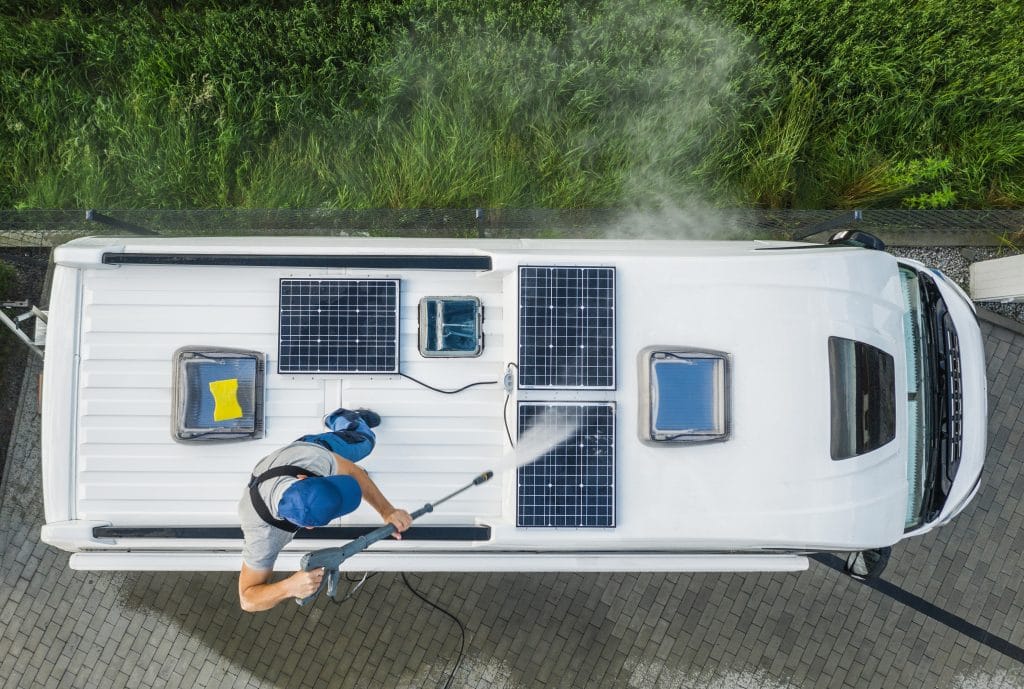
How to Maintain Flexible Panels?
Flexible solar panels do not require a lot of maintenance, however it’s worth checking they are not over heating and integrity to the rigid counterparts is maintained and none of the cells are damaged from debries or hail storms.
A Curved roof can also put additional pressure on mounting brackets, so be careful when installing a rigid panel on your rv roof or any other curved surface.